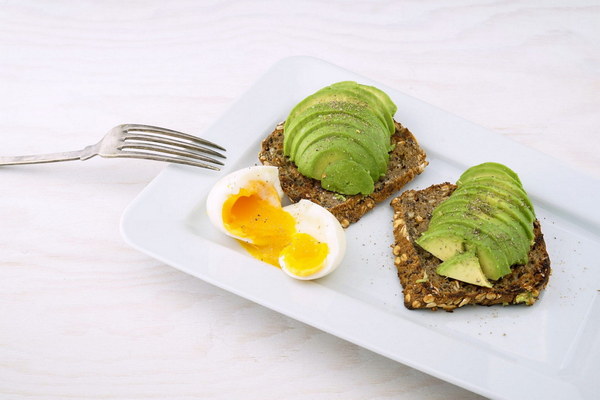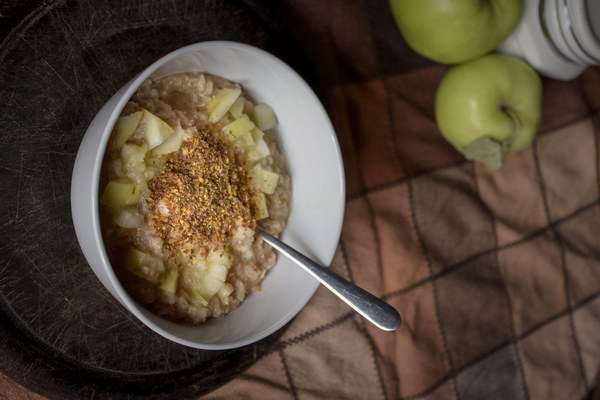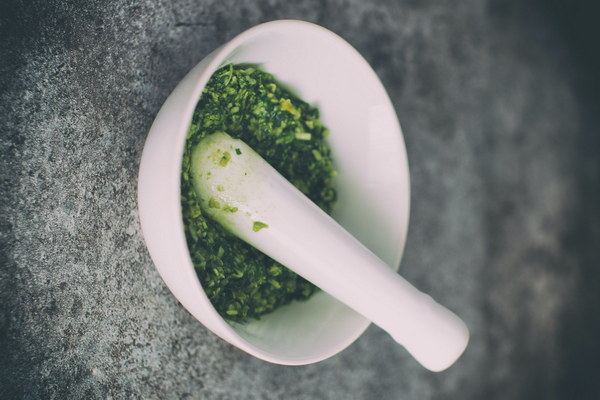Optimal Nutritional Supplements for Bone Healing During Recovery
Optimal Nutritional Supplements for Bone Healing During Recovery
When it comes to healing from bone injuries, the journey to recovery is not only about physical therapy and rest but also about providing the body with the right nutrients to support the healing process. Proper nutrition can significantly speed up recovery and reduce complications. Here’s a guide to the best nutritional supplements for bone healing during the recovery period.

1. Calcium and Vitamin D
Calcium is the building block of bones, and Vitamin D helps the body absorb calcium. During the recovery period, these two nutrients are crucial for the formation and repair of new bone tissue.
- Calcium: Aim for about 1000 to 1200 mg per day from dietary sources like dairy products, green leafy vegetables, and fortified foods. If dietary intake is insufficient, a calcium supplement may be necessary.
- Vitamin D: The recommended daily allowance (RDA) is 600 to 800 IU for adults. Sunlight exposure is a great natural source, but for those who live in regions with limited sunlight or have darker skin, a Vitamin D supplement can be beneficial.
2. Protein
Protein is essential for tissue repair and growth. Adequate protein intake can help the body heal faster after a bone injury.
- Protein Sources: Include lean meats, fish, eggs, dairy, legumes, and plant-based proteins in your diet. Aim for about 0.8 to 1.0 grams of protein per kilogram of body weight per day.
3. Magnesium
Magnesium is a mineral that plays a role in bone formation and muscle function. It also helps to reduce inflammation and improve blood flow to the injured area.
- Magnesium Sources: Foods rich in magnesium include nuts, seeds, whole grains, legumes, and green leafy vegetables. A supplement might be necessary, especially if dietary intake is low, with the RDA ranging from 310 to 420 mg per day.
4. Vitamin C
Vitamin C is a powerful antioxidant that aids in the absorption of non-heme iron and promotes the production of collagen, which is important for connective tissue repair.
- Vitamin C Sources: Citrus fruits, berries, bell peppers, and leafy greens are all good sources. The RDA for adults is 75 to 90 mg per day.
5. Vitamin K
Vitamin K is necessary for the activation of osteocalcin, a protein that helps in the formation of new bone.
- Vitamin K Sources: Leafy greens, broccoli, and soybeans are excellent sources. The RDA is around 90 to 120 mcg per day for adults.
6. Omega-3 Fatty Acids
Omega-3 fatty acids have anti-inflammatory properties and can help reduce the pain associated with bone injuries.
- Omega-3 Sources: Fish oil supplements, flaxseeds, chia seeds, and walnuts are all good sources. Aim for about 250 to 500 mg of EPA and DHA per day.
7. Collagen
Collagen is a type of protein that is abundant in connective tissue, including bone. It can help with the repair of damaged tissue and the formation of new bone.
- Collagen Sources: Bone broth, gelatin, and supplements are available. Collagen supplements are often taken in powder form, mixed with water or added to smoothies.
8. Zinc
Zinc is involved in the regulation of cell growth and division, which is essential for tissue repair.
- Zinc Sources: Oysters, beef, pork, and legumes are all good sources. The RDA for adults is 11 mg for men and 8 mg for women.
Conclusion
The road to bone recovery is a complex process that requires patience and the right support. By incorporating these nutritional supplements into your diet, you can give your body the tools it needs to heal more efficiently. However, it’s always best to consult with a healthcare professional before starting any new supplement regimen, especially if you have underlying health conditions or are taking other medications. Remember, while supplements can aid in recovery, they should complement a balanced diet and a comprehensive treatment plan.
This article provides a comprehensive overview of the key nutritional supplements that can support bone healing during the recovery period, emphasizing the importance of a balanced approach to healing.









